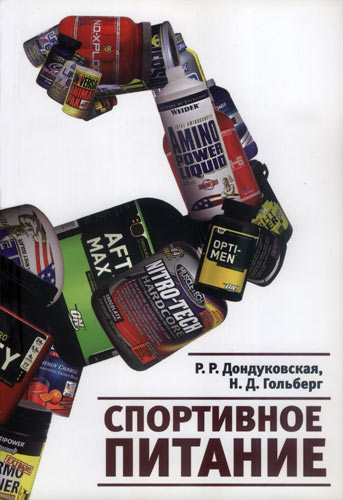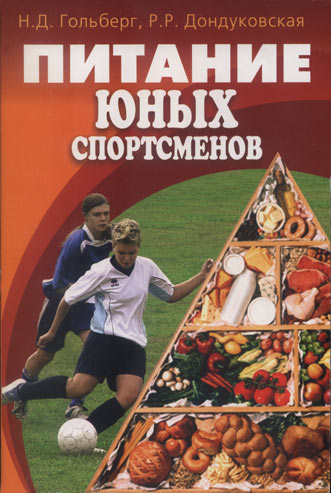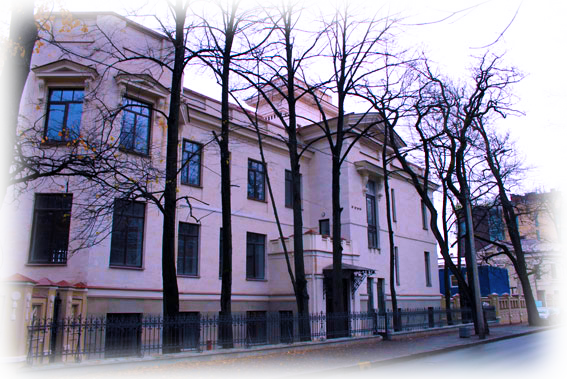Main research areas of the sector
Biochemical monitoring in sports. Assessment of metabolic specificity and tolerance to various types of training loads
Athletes' nutrition. Development, evaluation, and adjustment of dietary regimens for athletes in different sports.
Molecular genetic research. Identification and analysis of genetic markers associated with predisposition to the manifestation and development of motor skills and the formation of an athletic phenotype.
Athletes' Nutrition
One of the research areas of the Sports Biochemistry Sector is athletes' nutrition. This field in sports biochemistry was pioneered by the Honored Scientist, Professor N.N. Yakovlev, in close collaboration with Academician A.A. Pokrovsky, and further developed under the guidance of the Honored Scientist, Professor V.A. Rogozkin, and Ph.D. in Biology, Senior Researcher A.I. Pshendin. For many years, the sector has conducted research on the effects of low-molecular-weight compounds—natural metabolites—on the resynthesis of energy and plastic resources in athletes' bodies. The sector has also developed and implemented specialized sports nutrition products with various metabolic effects for use in training national teams.
Based on their research into athletes' energy and nutrient requirements, tailored to the specifics of different sports, the sector has designed dietary regimens with varying caloric content and calculated optimal food combinations to provide athletes with all necessary nutrients at different stages of training, depending on specific pedagogical goals and training focus.
Research and practical results are reflected in the following books:
- Rogozkin V.A., Pshendin A.I., Shishina N.N. «Athlete’s Nutrition». 1989.
- Pshendin A.I. "Rational Nutrition for Athletes. For Amateurs and Professionals", 2003.
- Goldberg N.D., Dondukovskaya R.R. «Nutrition for Young Athletes». Moscow: Soviet Sport, 2007. – 240 p.
- Goldberg N.D., Dondukovskaya R.R. «Nutrition for Young Athletes». 2nd ed., revised and expanded. – Moscow: Soviet Sport, 2012. – 280 p..
- Goldberg N.D., Dondukovskaya R.R. Athletes' Nutrition / Chapter 17 in «Sports Medicine. National Guidelines». – Moscow: GEOTAR Media, 2012. – P.
- Dondukovskaya R.R., Goldberg N.D. «Sports Nutrition». St. Petersburg, Renome, 2nd ed., 2014, 112 p.
Based on research findings, a modern software program for athletes' nutrition, "Athletics," was developed. State registration certificate No. 201563247 was obtained.
Biochemical Monitoring in Sports
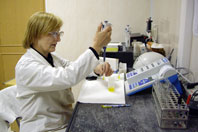
Assessing the metabolic response of athletes to training loads helps identify weak links in adaptation to different types of muscle activity, evaluate aerobic and anaerobic performance levels, and monitor training load tolerance and the development of overtraining.
Since 2007, sector staff and postgraduate students have participated in supporting Russian Paralympic teams in sports such as athletics, swimming, judo, and powerlifting. Biochemical monitoring results enable coaching staff to make timely adjustments to training processes.
Sector staff provide methodological support to teams from St. Petersburg and the Leningrad Region during physical performance testing in the institute's laboratory. The team employs a wide range of modern biochemical methods to assess health status, nutrition, and training load tolerance: hemoglobin, lactate, glucose, cholesterol, triglycerides, total protein, urea, enzyme activity (creatine kinase, aminotransferases), magnesium, calcium, iron ions, and others.
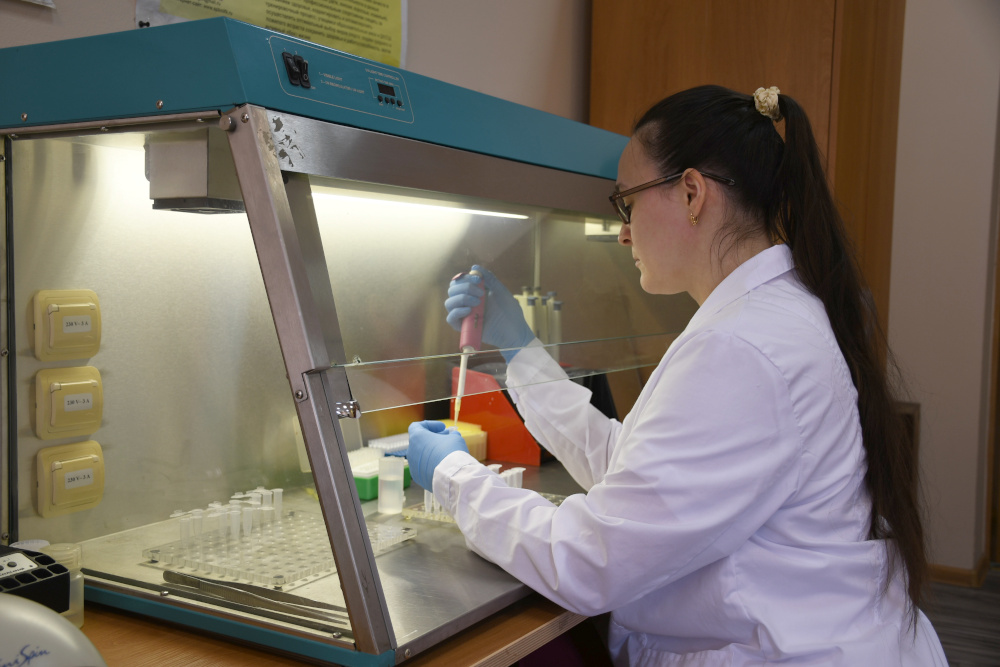
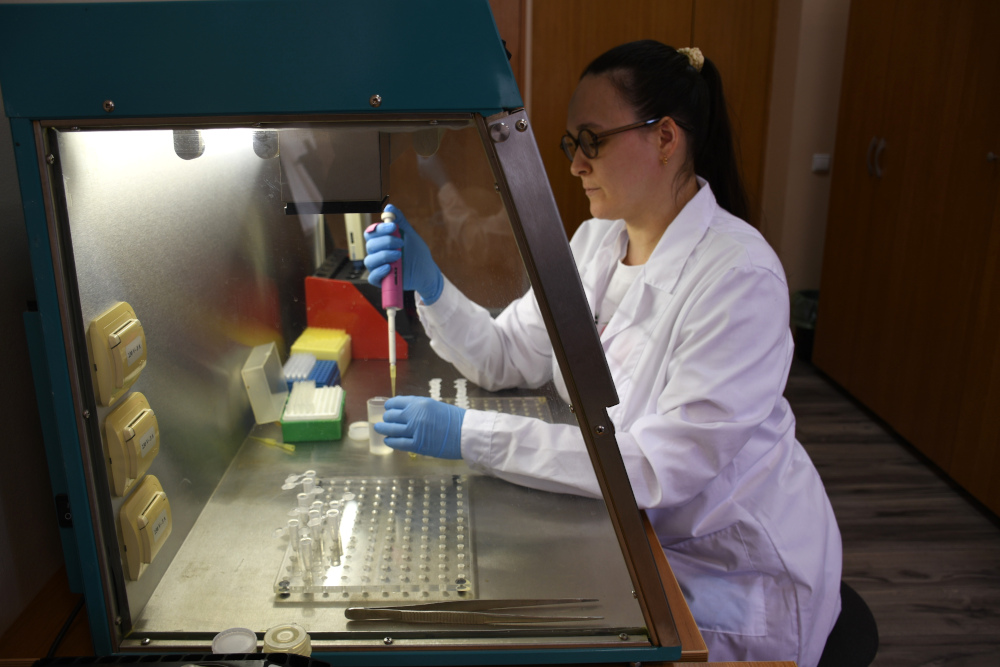
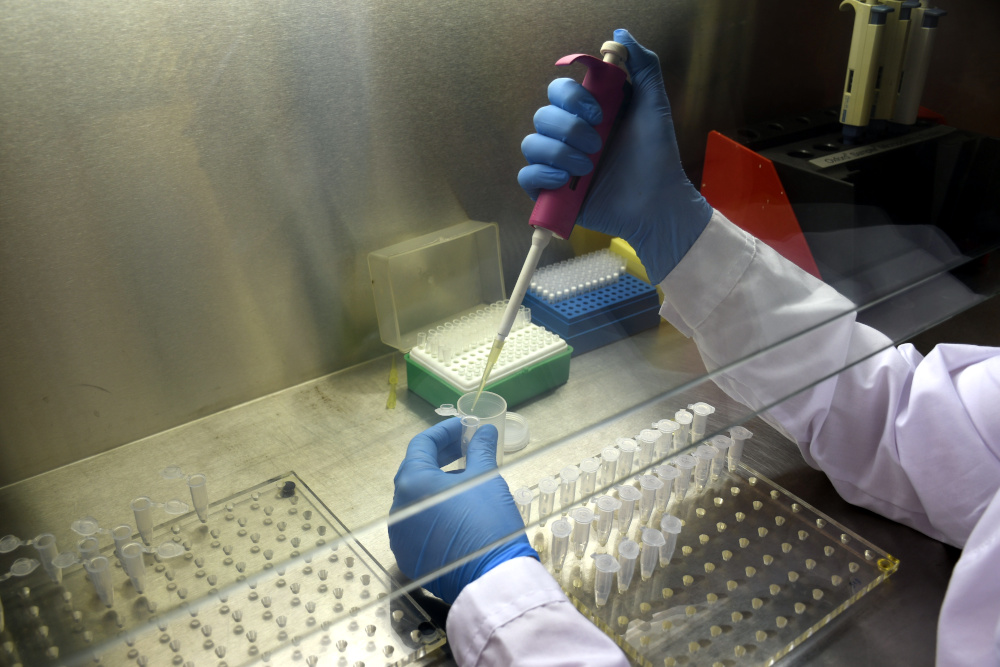
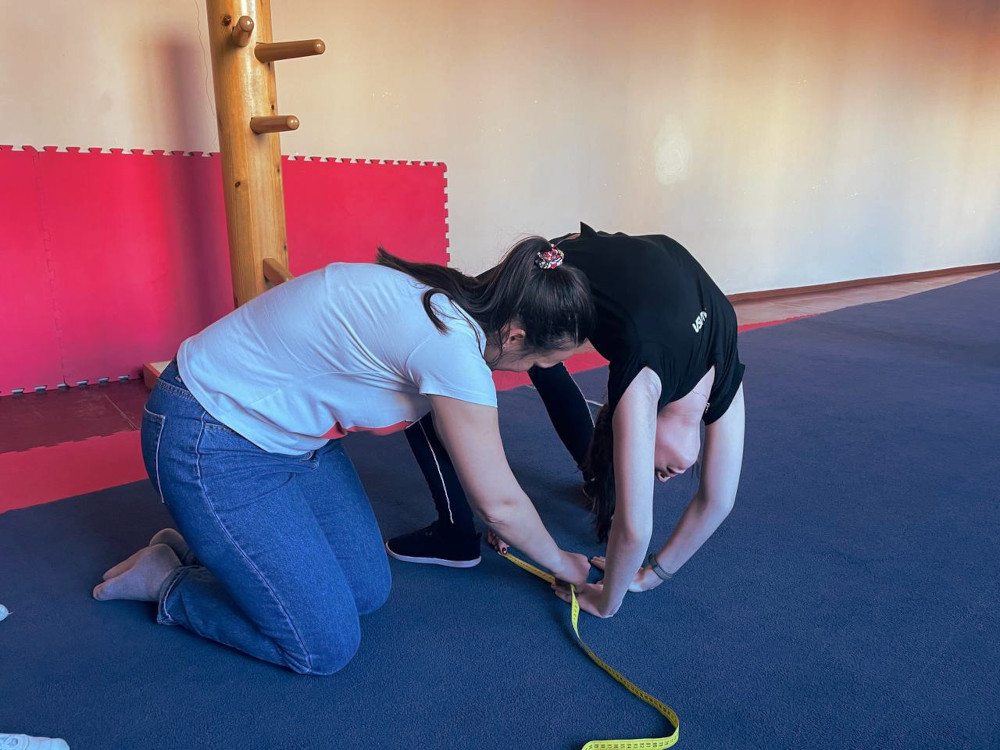
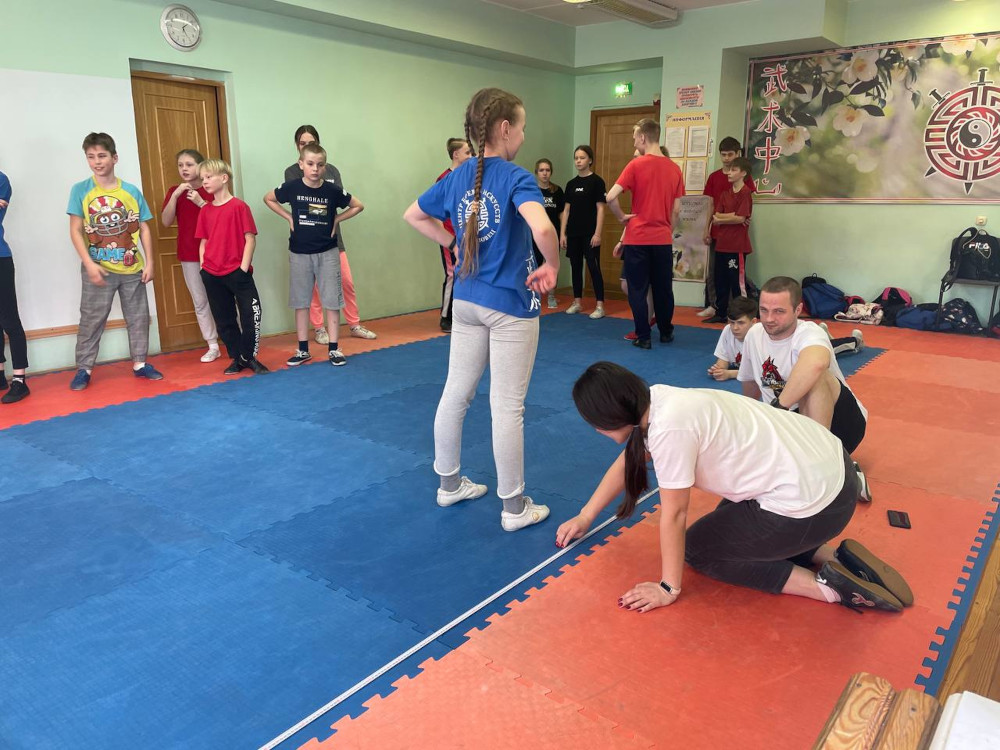
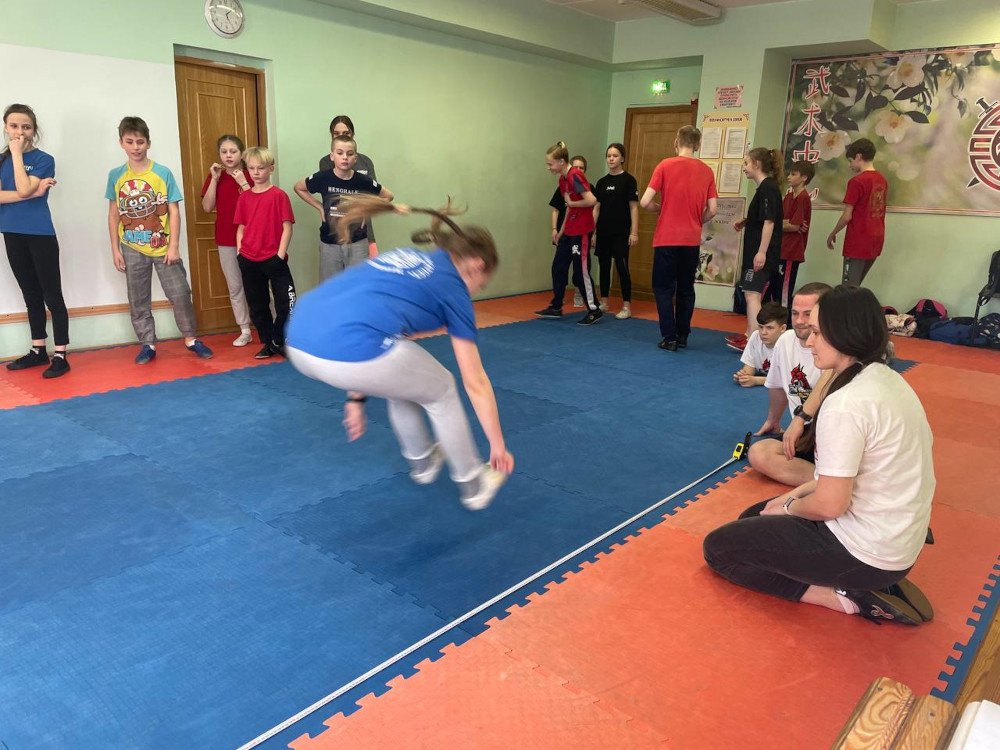
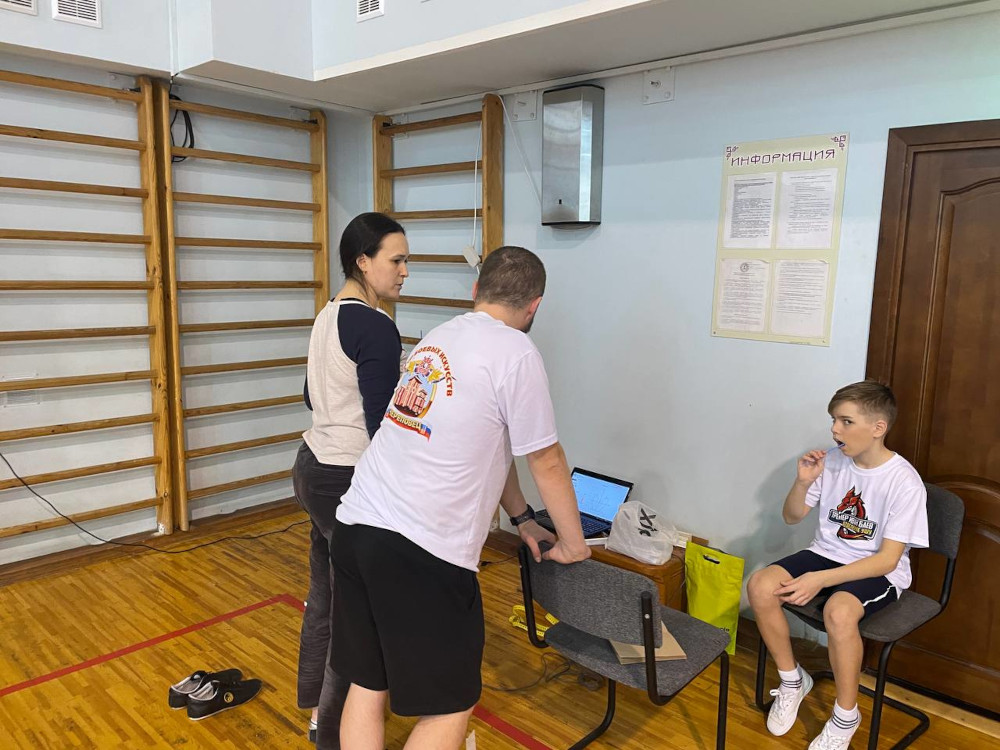
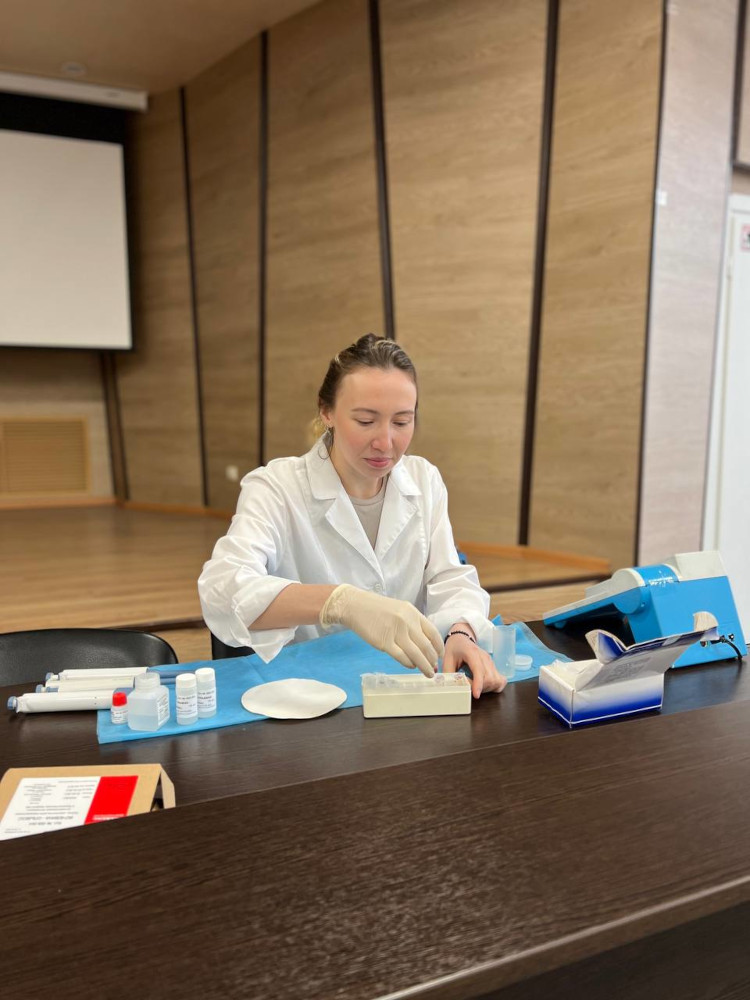
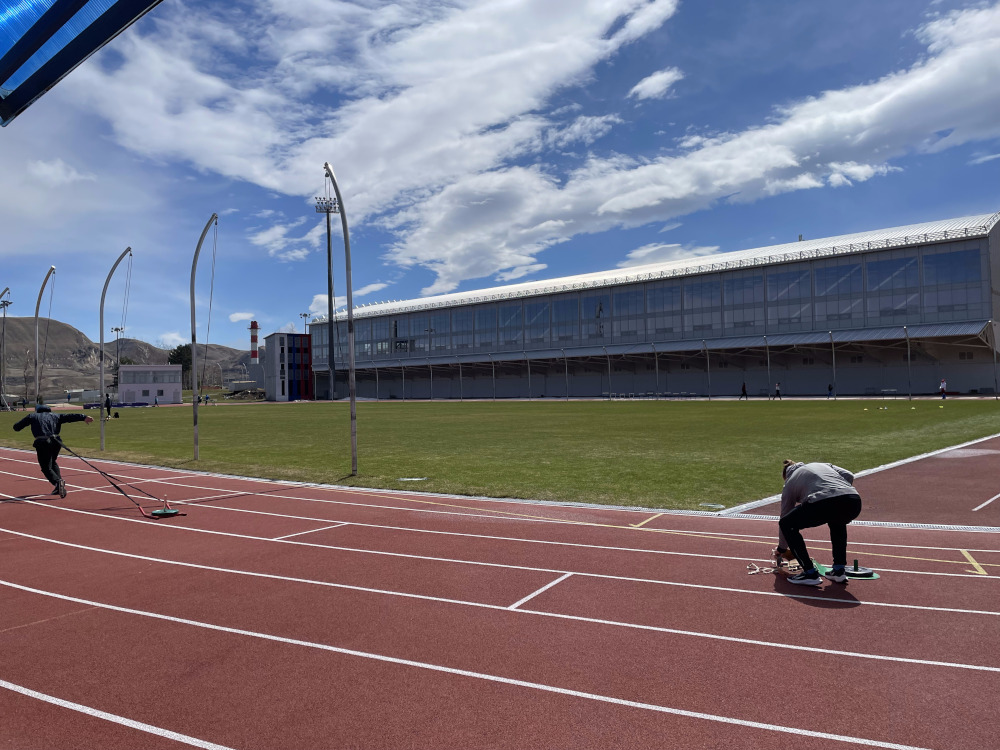
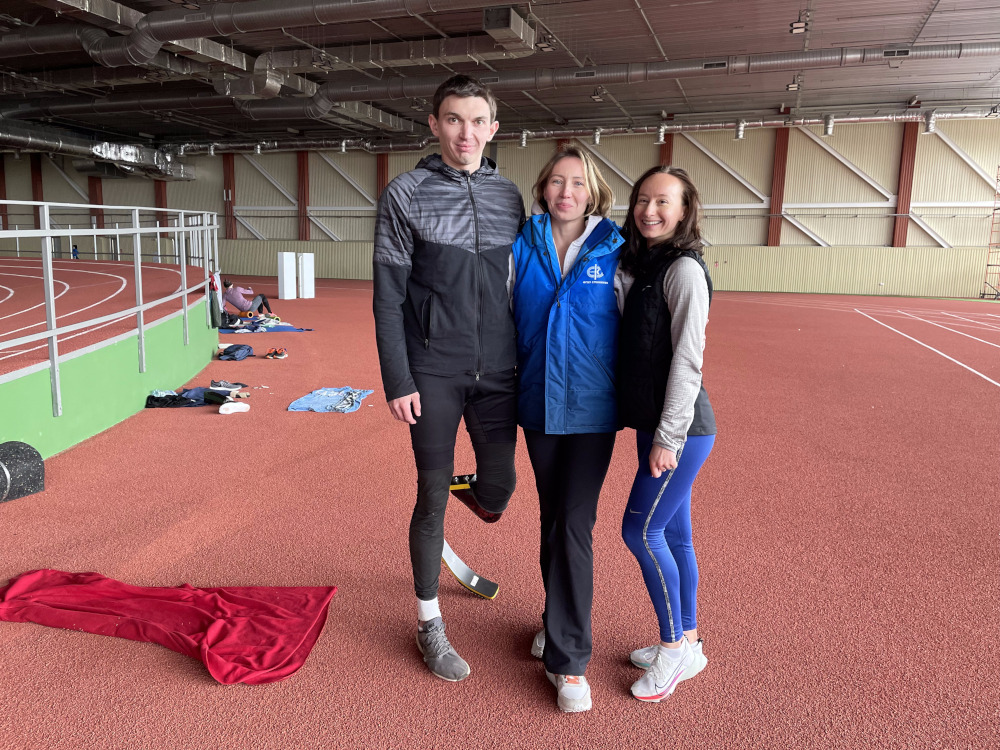
Sector Staff
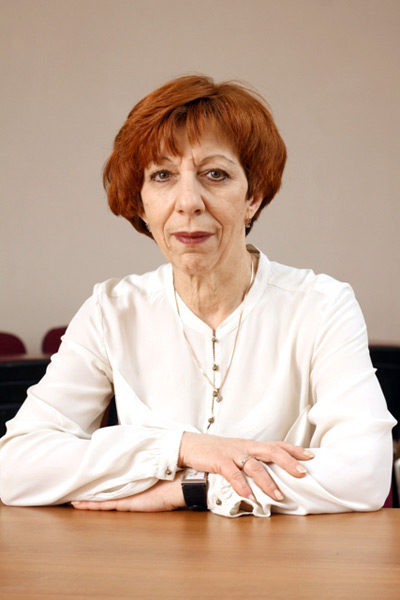
Natalya Davidovna Goldberg - Ph.D. in Biology, Associate Professor, Head of the Sector
Ildus Ilyasovich Akhmetov (part-time) – Dr. Med. Sci., Leading Researcher
Vladimir Vladimirovich Dorofeykov (part-time) – Dr. Med. Sci., Professor, Leading Researcher
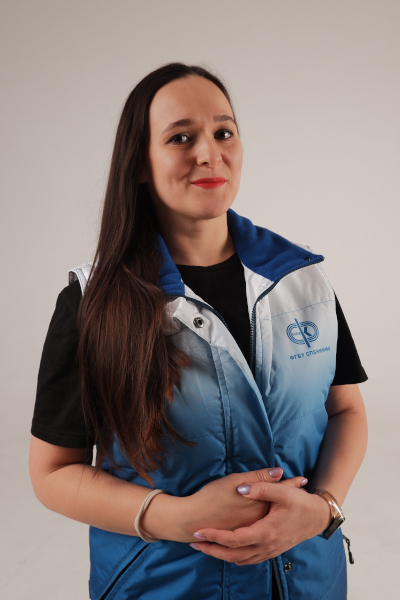
Varvara Fedorovna Noskova - International PhD, Research Associate


